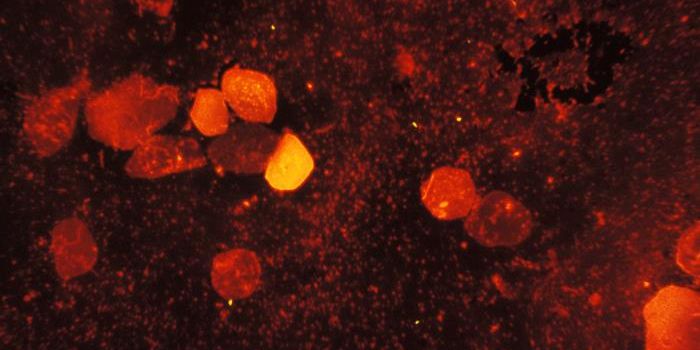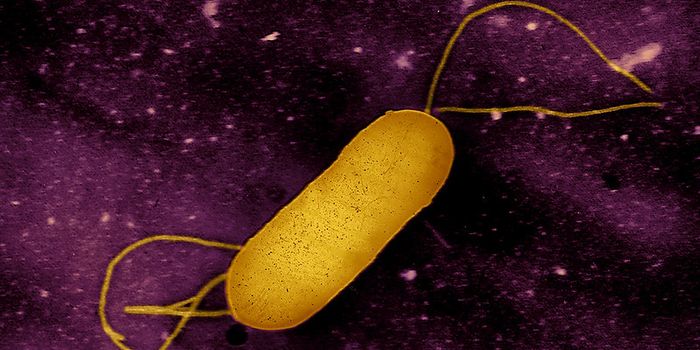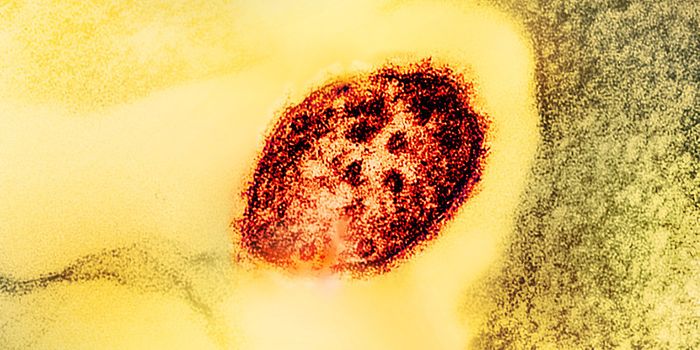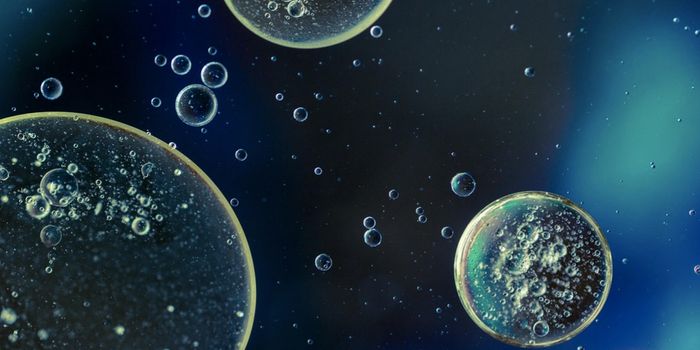Using Food to 'Sculpt' the Gut Microbiome
Everyone has to eat, and we know that diet has an influence on how healthy we are and feel. We're also starting to learn more about the microbes that help us digest food and also exert a significant impact on our health and well-being. Researchers are trying to learn more about the foods that can regulate harmful microorganisms while also maintaining the diversity that's healthy for the microbial community we host in our guts.
San Diego State University scientists have shown that some foods that have an antimicrobial impact can also affect the production of viruses that infect bacteria, called bacteriophages (or phages). Bacterial growth was shown to not only stop when phages were activated, but their numbers also dropped until they were depleted.
Antimicrobial foods that were tested included honey, licorice, aspartame, stevia, hot sauce, oregano, cinnamon, cloves, rhubarb, uva ursi, and neem extract. Toothpaste, which has a known antimicrobial effect, was also tested. Honey, stevia, aspartame, uva ursi, and neem had the greatest impact in promoting phage production. The findings will be reported in the journal Gut Microbes.
"The microbiome is composed of hundreds of different bacteria and the phages they host," said Lance Boling, a San Diego State University (SDSU) molecular biologist and research associate. "We could actually tackle certain conditions by adjusting the foods we consume, that will affect microbial diversity which in turn will influence health and diseases. We also found some foods acted as phage inhibitors and could be used to control pathogenic viruses."
"This shows we could sculpt the human gut microbiome with common dietary compounds," said Forest Rohwer, an SDSU microbial ecologist. "The ability to kill specific bacteria, without affecting others, makes these compounds very interesting."
We don't yet know the extent of the microbiome's influence on our health, and it may vary among individuals to a degree, but we do know that the microbial community in the gut is linked to a huge number of diseases including obesity, inflammatory disorders, some mental illness, and some cancers. It's tempting to think that food could change gut microbes in a way that treats these illnesses.
Phages will replicate their genome until their host cell is dead and it bursts, leaking viral particles that will go on to infect other microbes. If there are more bacteria in the microbiome, more infections will occur. These viruses are an obvious way to dramatically change the microbial community.
"There aren't many known chemical triggers, and we wanted to find these 'prophage' inducers - or what causes the phage DNA to detach and replicate," Boling said.
"We are excited about finding more prophage inducers and determining the molecular mechanisms by which they work," Rohwer said. "There are probably thousands of compounds that would be useful for eliminating unwanted bacteria."
Sources: AAAS/Eurekalert! via San Diego State University, Gut Microbes









